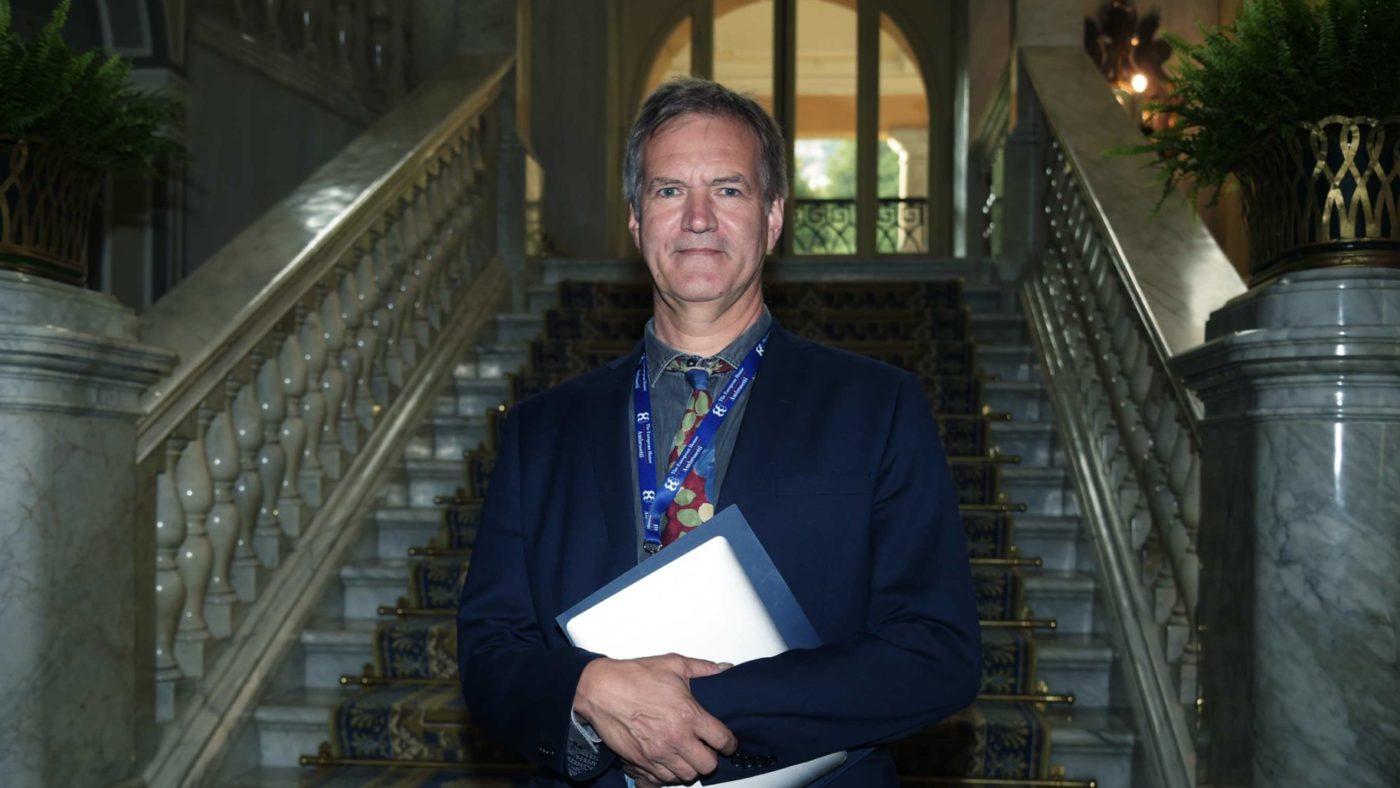Formal announcements of appointments to official bodies can be pretty eye-glazing stuff, but it’s worth making an exception for one such government press release last week.
Women and Equalities Minister Liz Truss has appointed three new permanent Commissioners to the Equality and Human Rights Commission, together with one temporary one appointed for medical expertise post-Covid. What is interesting is that none is from the usual pool of genteel activists and other well-meaning public sector managers who have successfully shimmied up the greasy pole of quangocracy. They include an enterprising Ghanaian ex-President of the Royal College of Surgeons, a highly successful entrepreneur, a corporate lawyer with management experience in such organisations as the FT and Christies, and a journalist of fiercely independent views, David Goodhart from Policy Exchange.
The identitarian and activist Left are not happy, especially with David Goodhart, who has previously written in support of aspects of the hostile environment (and has also been scathing about the handling of the Windrush debacle). He is criticised as being “sceptical of anti-racism efforts”, having little sympathy with the aims of Black Lives Matter, and presenting a “very real danger of an end to a progressive equalities agenda in this country”. Further, despite the fact that Lord Ribeiro has two Ghanaian parents, there is apparently not enough senior black representation on the Commission to drive forward the push to eradicate the causes of black inequality. (One suspects the real complaint is that Lord Ribeiro has the wrong views, describing himself as a “proud son of Empire” and having happily imbibed highly patrician attributes such as being a senior Mason and livery company member; but that is by-the-by).
The identitarian Left are of course right in what they say (even if the criticism of David Goodhart as “sceptical” says rather more about the person making it than the object of their criticism: one might have hoped an absence of scepticism would act as a red flag automatically disqualifying a person from a position of this sort). But so is Liz Truss in what she has done.
The trouble with the Commission is that since it was founded in 2006 to take over the previous functions of the Commission for Racial Equality and a number of other equality bodies, it has not come across as a strictly impartial or neutral organisation. Instead it has increasingly acted as a pressure-group in its own right, mutating into a body in the slightly curious position of being paid by the government to agitate for that government to act in particular ways, and indeed at times to act as a kind of de facto opposition.
It has, for example, suggested that the government needs to kowtow to the demands of UN human rights activists; demanded that progressive teaching materials on all LGBT matters in primary schools; and insisted that in the Brexit process all EU social rights must be preserved even after the UK has left the bloc, and that all trade agreements follow the EU model of embodying human rights clauses. It has produced documents entitled Is England Fairer? and Is Wales Fairer?, calling essentially for more social equality, and made it clear that it strongly disapproves of a church taking advantage of its right to religious freedom in matters connected with homosexuality.
In its approach to Covid, the EHRC has been pretty obvious that issues of equality have been put vastly above those of personal freedom. Add to that its setting-up of a parallel inquiry into Grenfell Tower while the official one was still under way, rather in the manner of an opposition political party, and you begin to see what sort of an organisation we are dealing with.
It is not difficult to see why this has happened. The Commission, as a statutory non-departmental body, has a wide-ranging remit to promote equality and human rights generally. Furthermore, in the nature of things people who believe in an ever-expanding field of equality and human rights law are more likely to want to work for it in a senior capacity, and conversely more apt to fit in to the prevailing ethos when they get there, thus cementing a tendency to support a particular worldview.
Nevertheless, there is a difference between a discreet promotion of equality, if necessary pointing out possible illegality or unfairness by government, and overt political advocacy. There is now at least reason to hope that the new Commissioners will take account of it and rein in at least some of the excesses we have seen.
There is no reason why the long march through the institutions should be made easy for the leftists, even where it is dressed up as a “progressive equalities agenda in this country”. There is nothing inconsistent between the maintenance of a liberal institution and the presence within it of a range of opinions, including a number of conservative ones; and now there is at least some hope that the Equality and Human Rights Commission will become a better balanced institution in the next few months.
Click here to subscribe to our daily briefing – the best pieces from CapX and across the web.
CapX depends on the generosity of its readers. If you value what we do, please consider making a donation.


